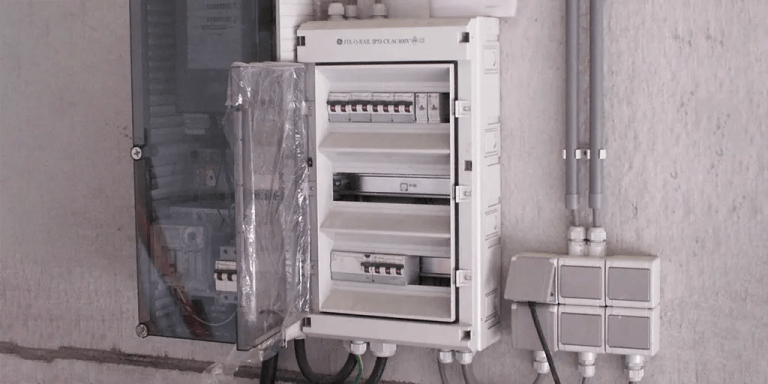Todd Snichler
The content and tenor of discussions surrounding electric system reliability changed dramatically this summer at meetings of energy regulators, policymakers, consumer advocates and industry. Executives across the industry agree that dispatchable generation is needed now and will be needed for many years to come.
Most prominently, there is recognition and a willingness to speak out that as energy expansion continues and load growth accelerates for the first time in decades, dispatchable resources such as natural gas generation will be needed, which is a welcome acknowledgment.
For years, discussions surrounding the future of the grid have been about how much it will cost and how to move “politically unfavorable” resources from the grid to politically favorable resources without causing any disruption or reliability challenges. Just like that, the story changed dramatically. Why?
First, load growth – expect a lot of load growth in the short term. The second is the rate at which dispatchable generation is retired without replacement generation with similar performance characteristics. The third is the ongoing warning from reliability groups and grid operators that if system planning does not improve, crisis will soon come.
what does that mean? In short, it's a long-awaited recognition of the realities of grid operations, along with an acknowledgment (albeit grudgingly in some circles) that dispatchable resources like natural gas will need to be retained and operated for much longer than many resources. Be willing to admit it. This recognition is matched by a wealth of credible research, including work by McKinsey and EFI, all of which indicate the need for dispatchable natural gas generation Even with high penetration of renewable resources.
With the reality of load growth, supply chain issues, permitting, siting and construction challenges affecting all types of resources combined with stark warnings of looming reliability issues, it’s clear that rhetoric is far ahead of reality. Recognizing the problem is the first step to solving it.
Because all resources—dispatchable, intermittent, and storage—are now responsible for reliability, the requirement to acknowledge and adapt to grid realities is no longer optional but mission-critical. The retirement of a large number of schedulable resources without adequate replacement resources brings us closer to a zero error rate system.
To rectify this situation, policymakers and regulators should take steps to minimize risks to customers. First, the time gap between system retirements and new additions must be addressed; we cannot take existing resources off the grid until replacements are ready. The next-generation grid connection process must be reformed to ensure projects meet system requirements, not just policy statements. Permitting and siting reforms are needed so that we can develop all types of energy projects.
Second, policymakers must curb enthusiasm and set goals that are realistic about system needs and operational constraints. This could mean suspending policies that hinder the deployment of needed resources, or incorporating off-ramps into legislation to ensure grid reliability.
Third, grid operators must adjust the market faster and send appropriate signals to promote investment in required resources. States must recognize the broader benefits of market participation and the positive outcomes for their constituents and stop simply asking grid operators to do what one state wants at the expense of another. States must once again recognize that the benefits of their utilities joining the market far outweigh their ability to decide on resources and schedules and then take no responsibility for the problems those decisions create.
Finally, lest there be accusations that market actors do not want to reduce emissions or simply want to profit from existing resources, this reality check in no way implies abandoning efforts to achieve policy goals. The bottom line is – we can set goals, but they must be tied to actual operations to ensure success and reliability.
Todd Snitchler is president and CEO of the Electric Power Supply Association (EPSA)
This article was originally published by RealClearEnergy and provided via RealClearWire.
Relevant
